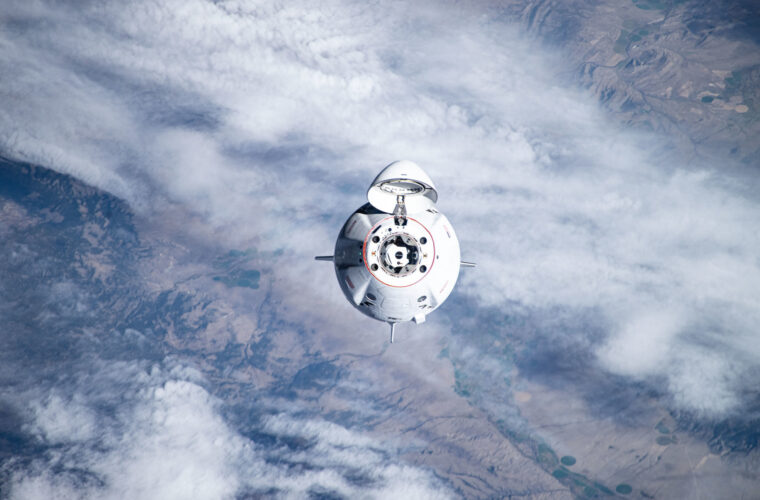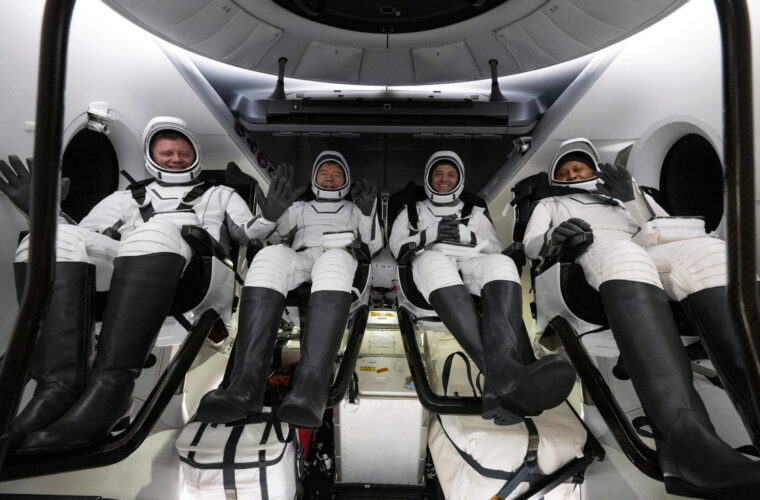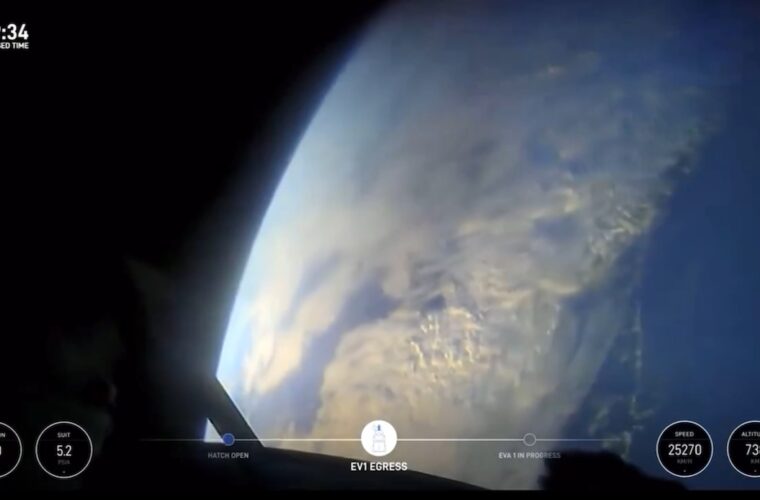The dream of exploring space is no longer reserved for astronauts and scientists. Space tourism, once a concept confined to science fiction, is now a reality. With private companies leading the charge, ordinary citizens are beginning to experience the wonders of space, marking a new chapter in human exploration and travel. The era of space tourism is officially here, and its implications are profound.
A brief history of space tourism
Space tourism began its journey in 2001 when American entrepreneur Dennis Tito became the first private citizen to travel to space. Tito’s eight-day stay aboard the International Space Station (ISS), arranged by the Russian space agency Roscosmos, laid the foundation for what would eventually become a burgeoning industry. Fast forward to today, and space tourism has grown from a single mission to a multi-billion-dollar enterprise. Companies like Virgin Galactic, Blue Origin, and SpaceX spearhead this revolution, offering suborbital and orbital flights to paying passengers. With significant technological advancements, these companies are making space more accessible than ever.
The pioneers shaping the industry
Virgin Galactic, led by Sir Richard Branson, is a key player in the space tourism market. The company focuses on suborbital flights, where passengers experience a few minutes of weightlessness and breathtaking views of Earth before returning. Its spaceplane, VSS Unity, has already completed successful commercial flights, with ticket prices starting at around $450,000. Blue Origin, founded by Amazon’s Jeff Bezos, offers suborbital experiences through its New Shepard rocket. These flights feature panoramic windows, giving passengers stunning views of Earth and the cosmos. SpaceX, meanwhile, is exploring the next frontier with orbital tourism. The company’s Crew Dragon spacecraft has completed missions carrying civilians into orbit, with plans for trips around the Moon in the near future.
Space tourism represents more than just an opportunity for thrill-seekers—it has the potential to transform our understanding of the universe and our place within it. Passengers on spaceflights often describe the “overview effect,” a profound sense of connection and responsibility towards Earth after seeing it from space. This perspective could inspire global efforts to address climate change and sustainability issues. Moreover, space tourism is accelerating innovation in aerospace technology. The industry’s growth is driving advancements in reusable rockets, which reduce costs and contribute to more sustainable space travel. These innovations benefit other sectors, including satellite deployment, scientific research, and national defence.
Challenges on the horizon
Despite its promise, space tourism faces significant challenges. The high cost of tickets makes it accessible only to the wealthy, raising concerns about exclusivity. Companies are working to lower costs, but achieving widespread affordability may take years. Environmental concerns are another pressing issue. Rocket launches release greenhouse gases and pollutants, sparking debates about their long-term impact on the planet. Safety is also a critical factor. While companies invest heavily in ensuring the safety of passengers, the inherent risks of space travel cannot be ignored. As the industry matures, regulations and safety protocols will need to evolve to address these challenges.
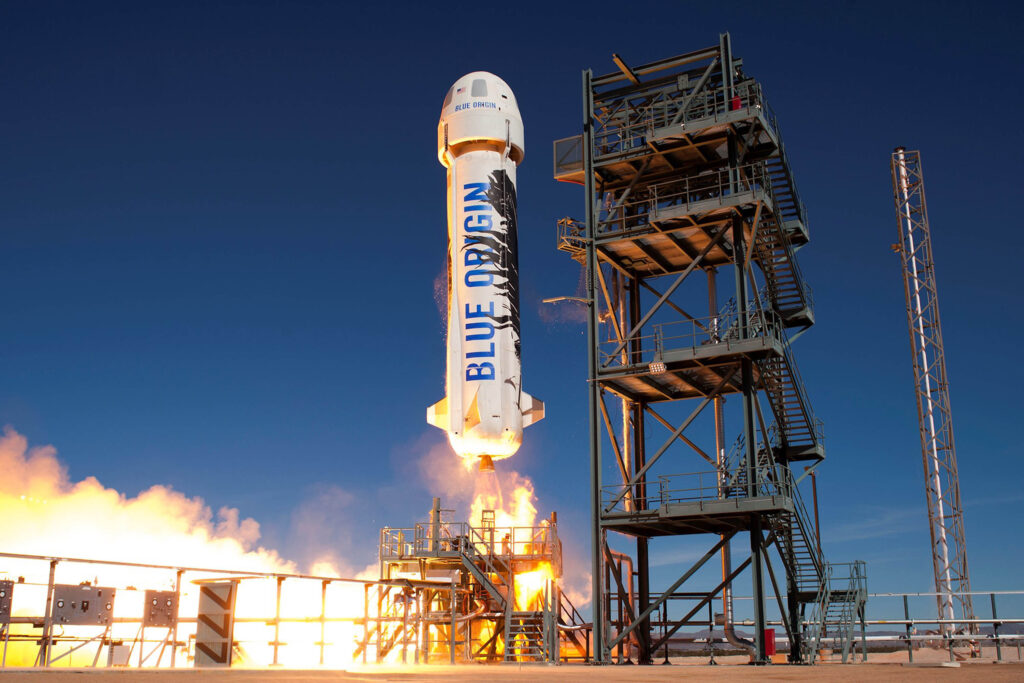
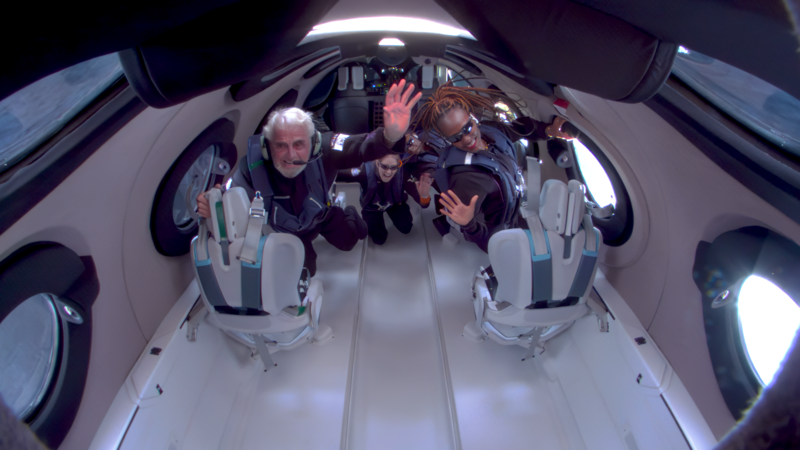
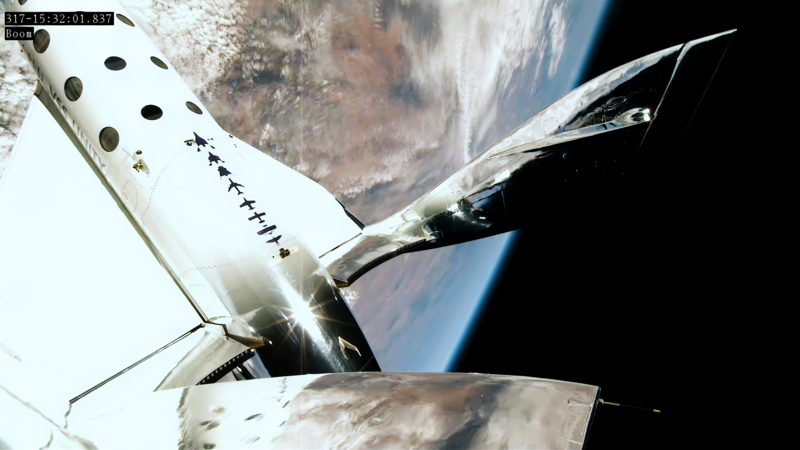
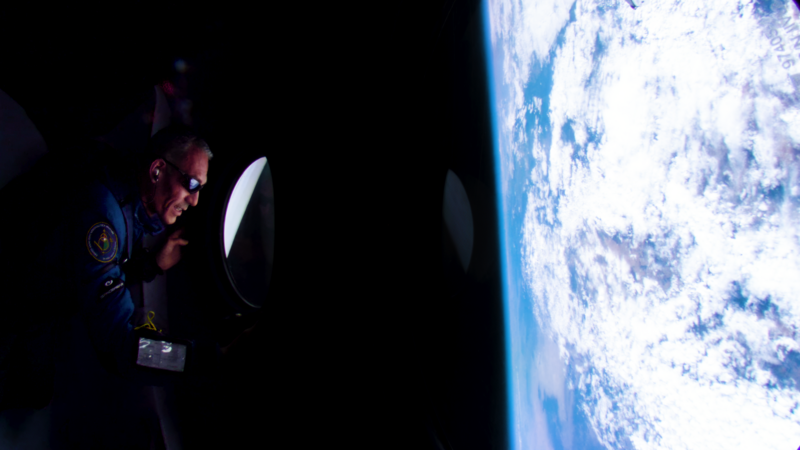
The future of space tourism is brimming with possibilities. Companies like SpaceX envision space hotels and lunar vacations, while other firms explore zero-gravity experiences and extended stays in orbit. Nations such as the United Arab Emirates and China invest in space programmes to attract tourists, signalling a global shift towards commercial space exploration. Additionally, spaceports are emerging as hubs for tourism and innovation. The United States, Europe, and Asia facilities are preparing to host regular spaceflights, further integrating space travel into the tourism industry. With continued investment and innovation, space tourism may become as routine as air travel within a few decades.
A transformative moment for humanity
The rise of space tourism marks a transformative moment in human history. It is not merely about travelling beyond Earth’s atmosphere but about expanding the boundaries of what is possible. As more people experience space, they bring back stories and insights that have the potential to reshape our world. Space tourism offers a new perspective on the universe, whether for adventure, science, or the sheer joy of exploration. The journey is just beginning, and as technology advances, the dream of space travel will become a reality for more people than ever before. The era of space tourism is here, redefining how we see the cosmos and ourselves.

